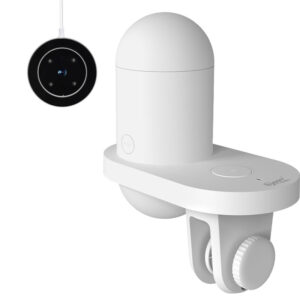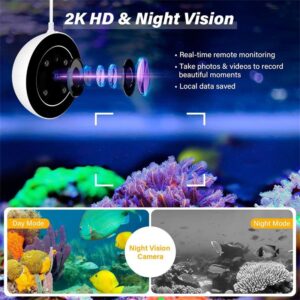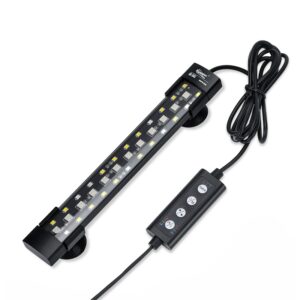What You Need to Know Before Buying Fish For Beginners
Constructing an aquarium can be an intriguing and encouraging hobby, but it can also be difficult for newcomers. Many starting aquarium enthusiasts overestimate the time and effort required to maintain a healthy fish tank.
This aquarium guide for beginners provides broad ideas for novices on what you should know before buying fish to assist you on the journey. With these new aquarium tips, from setting up a freshwater tank to selecting the most suitable fish species to maintaining your aquarium, and ensuring your fish are safe while you’re away. Let’s get this party started!
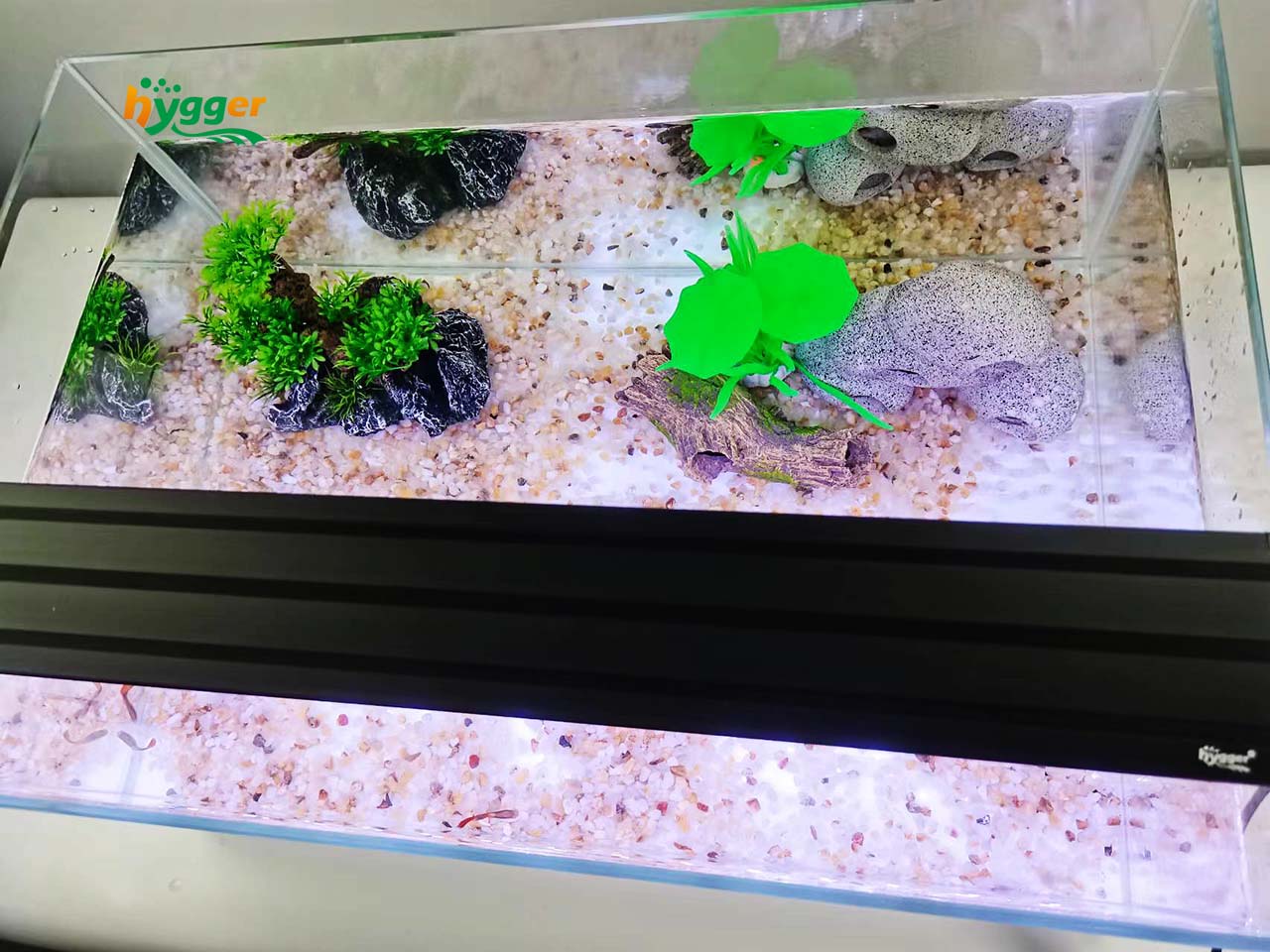
Start a Freshwater Tank for Beginners
Here are some new aquarium tips for individuals who are at the fundamental stages and new to starting freshwater tanks.
Choose the Right Tank Size
The types and number of fish you can keep will be determined by the size of your aquarium. For a beginner, a small to medium-sized tank, typically a 5-gallon, 10 or 20 gallons, is recommended. Larger tanks can require more equipment and be more difficult to maintain.
Select a Suitable Location
Your aquarium should be placed away from harsh temperatures and in an area with indirect sunlight. For the tank’s weight to be supported, a level, strong surface is also required.
Get the Essential Equipment
Numerous pieces of equipment are required, such as a substrate, filters, heaters, thermometers, decorations, and lights. To guarantee the success of your tank, conduct research and make quality equipment purchases.
Cycle Your Tank
Your tank must go through the nitrogen cycle to establish healthy bacteria before you introduce any fish. This procedure, which may need many weeks, is essential to preserving the purity of the water.
Water Conditions
It’s critical to know the water parameters that your fish need. Take note of the differences in temperature, pH, and hardness that exist across species when choosing your fish, and make the necessary adjustments to your tank.
Acclimate Your Fish
Make sure the fish are adequately adjusted to their new surroundings before adding them. To reduce stress, bring them to the tank gradually.
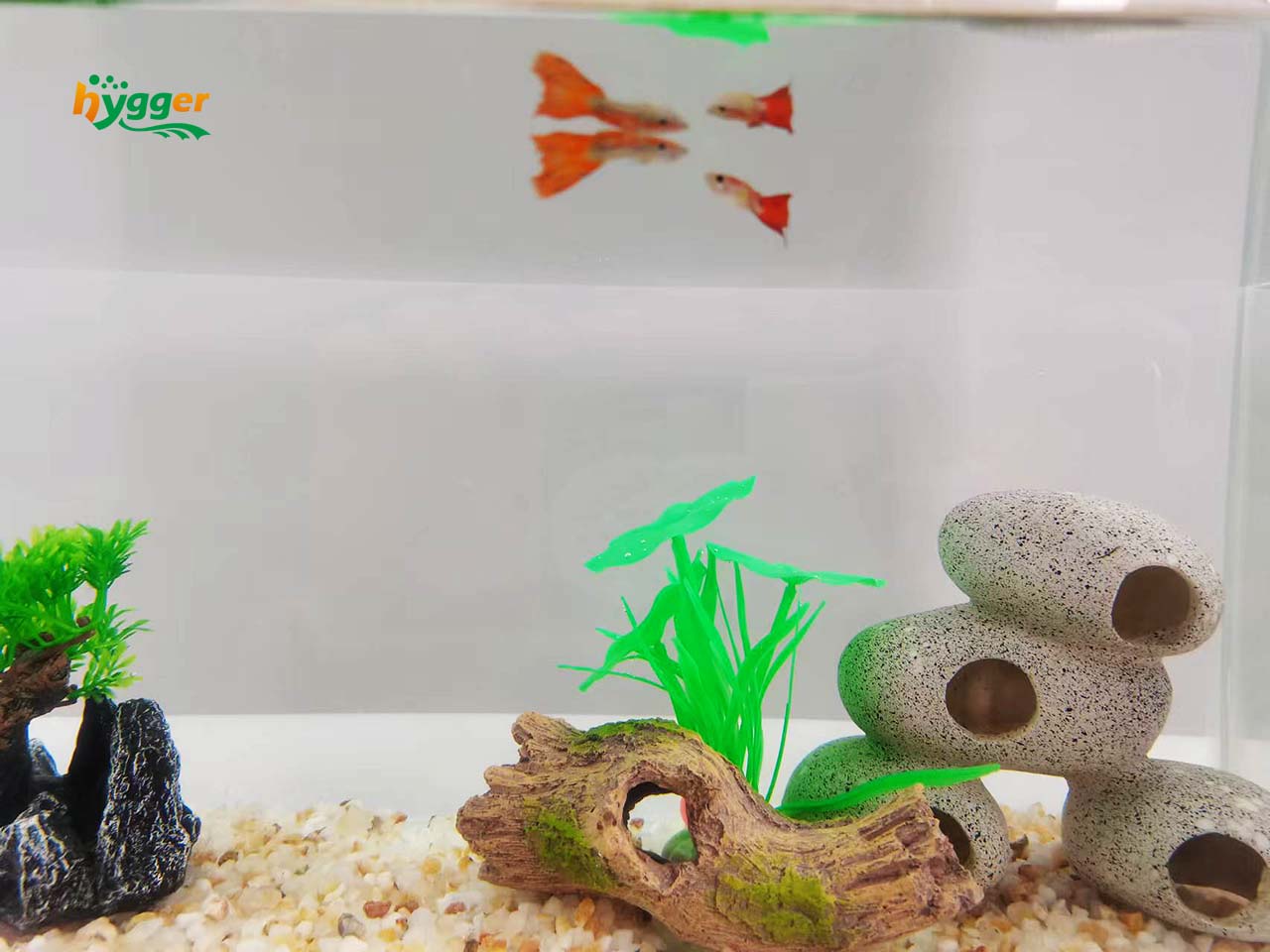
What Fish Should I Get for a Beginner Aquarium
The success of your starter aquarium depends on the fish you choose. Here are a few fantastic choices for novices.
a. Guppies: They are vibrant, resilient, and simple to maintain. They come in a range of vibrant colors and are an excellent option for novices.
b. Betta Fish: Also referred to as Siamese Fighting Fish, betta fish are prized for their vivid hues and distinct personalities. They require little upkeep and can flourish in smaller tanks.
c. Platy Fish: Platy fish are a fantastic option for community tanks because they are calm and low maintenance. They are often highly active and come in a variety of tints.
d. Tetras: A great addition to an aquarium for beginners, tetras are small, schooling fish that are visually attractive. Cardinal and neon tetras are especially well-liked options.
e. Corydoras catfish: By consuming leftover food and detritus, these bottom-dwelling fish aid in maintaining the cleanliness of the tank. They are an excellent option for novices since they are sociable and tranquil.
f. Danios: Beginners will find Danios rerio to be an energetic and resilient fish. They come in a variety of colors and have a reputation for acting foolish.
Some Tips for A First-time Aquarium
It takes more than just adding water and fish to start an aquarium. You can guarantee the success of your first aquarium by following these new aquarium tips.
- Regular water testing: To keep an eye on water factors like pH, ammonia, nitrites, and nitrates via a water testing kit. It is essential to maintain these levels within the suggested range for the well-being of your fish.
- Daily water changes: To eliminate pollutants and preserve water quality, do regular water changes. A 25% water change every two weeks is a good aquarium guide for beginners.
- Steer clear of overfeeding: Overfeeding can cause obesity in fish and problems with water quality. Once or twice a day, feed your fish little portions of high-quality food.
- Quarantine new fish: To avoid the introduction of infections, quarantine new fish in a separate tank for a few weeks before putting them in your main tank.
- Research your fish: To give your chosen kind of fish the best care possible, extensively research them as each species has unique needs.
- Have patience: It takes time for aquariums to grow and stabilize. Before adding extra fish to your aquarium, exercise patience and let it stabilize.
How to Take Care of the Tank When Out for a Week?
It can be frightening for you and your fish to be gone from your aquarium for a week or more. The following parts and methods will help to guarantee that your tank is kept in good working order while you are away.
Automated Fish Feeders
Preparing a dependable automatic fish feeder is a sensible course of action. You may program the feeder to follow your normal feeding schedule by dispensing the right amount of food at certain intervals. This keeps your fish from overfeeding, which can degrade the water’s quality while you’re away.
Portion Control
Make sure you appropriately regulate the portion size when using an automatic feeder. Issues with water quality and excessive waste might result from overfeeding. Check the feeder’s settings and refer to the manufacturer’s instructions before you leave.
Detailed Feeding Schedule
Create a thorough feeding schedule ahead of time, keeping in mind your fish’s unique nutritional needs. While some species can survive on one or two feedings daily, others could require several little meals spread out throughout the day.
Emergency Contact
In case of an emergency, keep a neighbor, family member, or trusted friend who is knowledgeable about aquarium maintenance. They may perform routine checks on your tank to ensure everything is working properly and address any unexpected problems that may arise while you are gone.
Maintenance Tasks
Complete necessary maintenance, like a water change, filter cleaning, and substrate vacuuming, before you depart. This lessens the chance of problems while you’re away and helps maintain the quality of the water.
Backup Power
If you have aquarium equipment, think about installing an uninterruptible power source (UPS) or backup power supply. Having a backup power option can be quite helpful in an emergency because power outages can interfere with temperature control and filtration.
Water Conditioners
Use water conditioners to remove chlorine, chloramine, and heavy metals from tap water before adding it to your tank. This helps protect your fish from harmful substances.
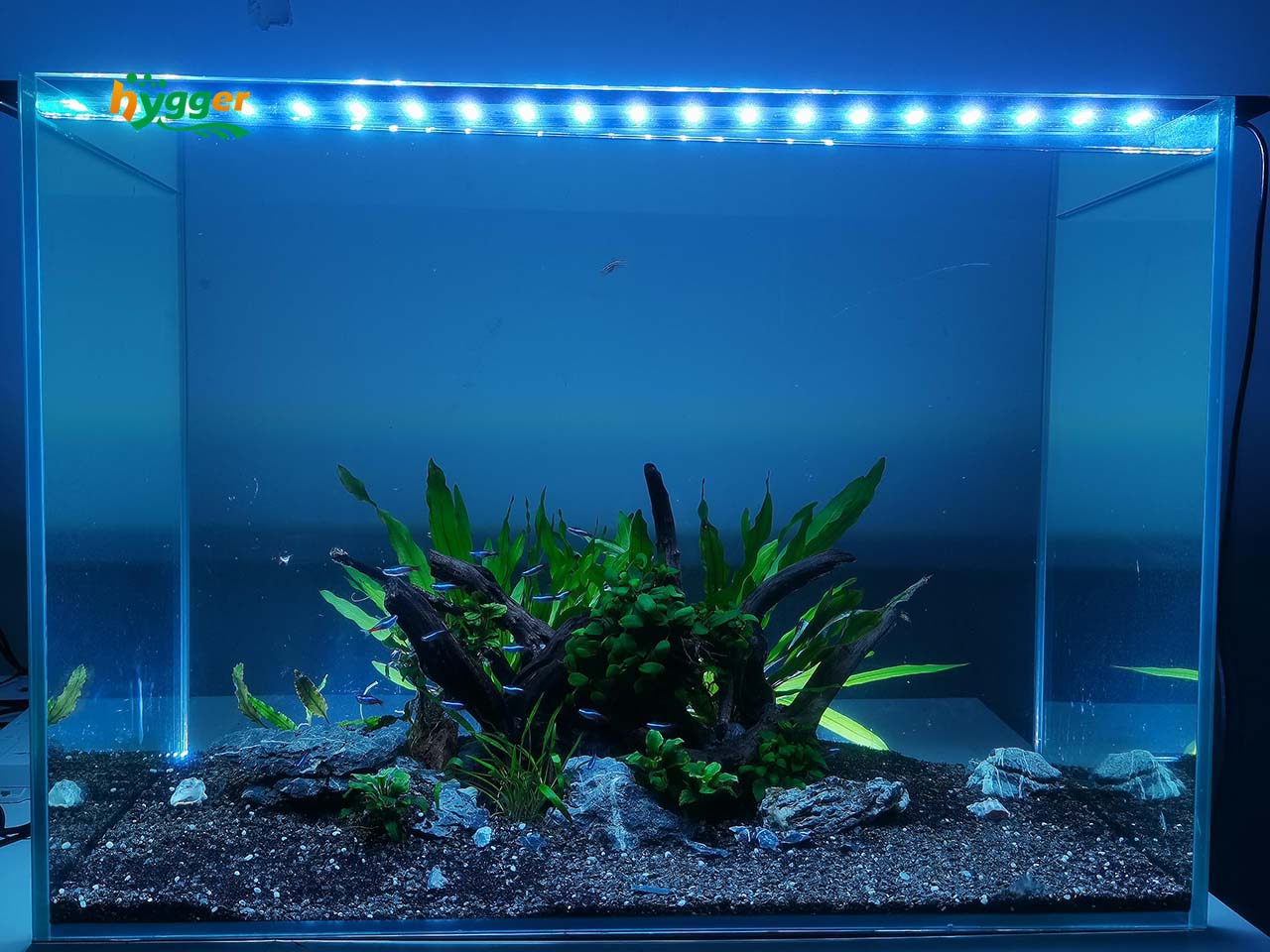
Conclusion
In conclusion, setting up an aquarium for the first time can be a wonderful experience full of wonder and discovery, but it also takes meticulous preparation and commitment. This thorough aquarium guide for beginners has covered all the necessary steps for successfully setting up a fish tank, choosing fish species that are suitable for beginners, and offering advice on efficient aquarium maintenance.
We’ve also covered ways to make sure your tank stays healthy while you’re away, such as employing automatic fish feeders or keeping an emergency contact on hand. You may start your aquarium adventure with confidence, knowing that you are well-prepared to establish a thriving aquatic habitat, by adhering to these rules and keeping yourself informed. You can have many happy fishkeeping years.

